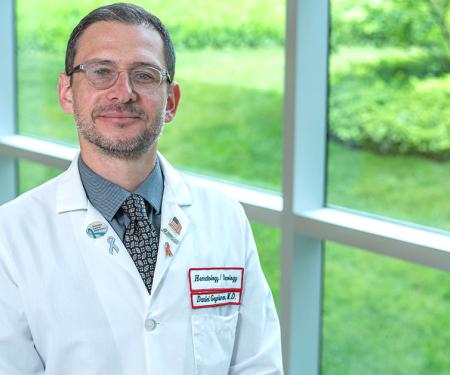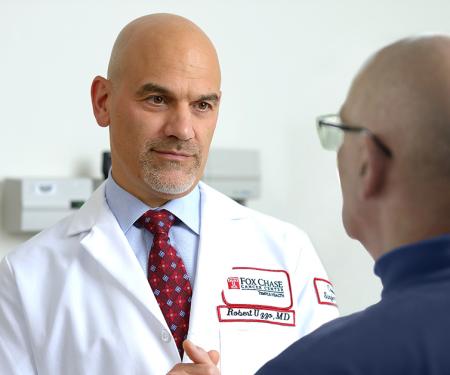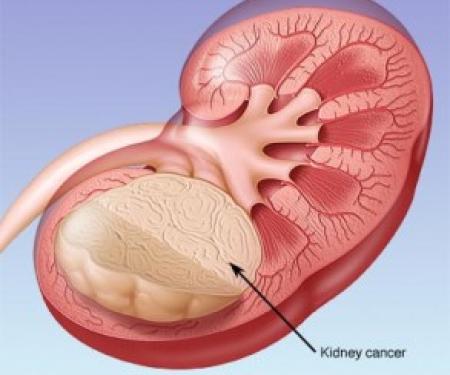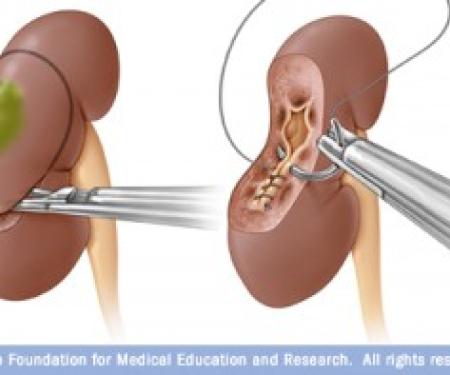Related Articles
00 / 00
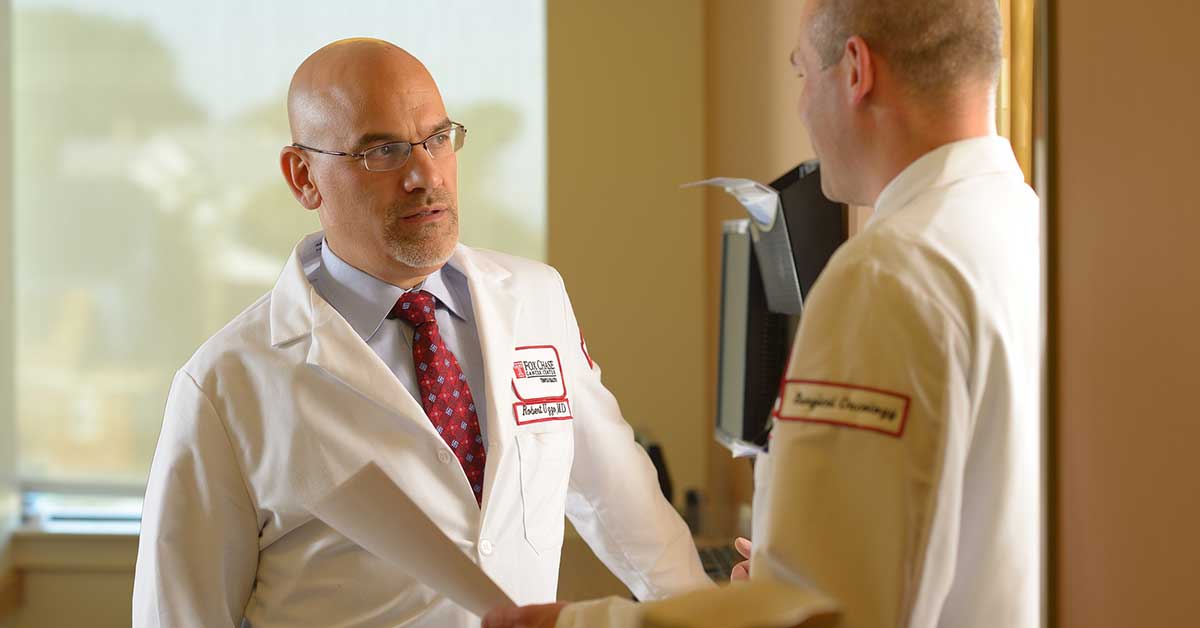
Fox Chase’s nationally renowned kidney cancer specialists have pioneered many aspects of treatment and care for this disease. Our multidisciplinary team works with you to choose a personalized approach that offers the best chance of treating your cancer, preserving kidney function, and reducing the risk of recurrence.
When you contact Fox Chase, you will be connected with a nurse navigator. The nurse navigator will work to match you with the doctor who is right for you and help you see as many members of your treatment team as possible in one day. Together, these specialists weigh in on your case, create a tailored plan, and meet weekly to discuss your progress during treatment.
When a kidney mass is diagnosed as cancer, our kidney cancer team will address these three questions:
Our physicians have been actively involved in developing many of the new therapies currently available and on the horizon for treating kidney cancer. Through advanced clinical trials, we can offer our kidney cancer patients access to promising treatments and experimental therapies before they are approved, many of which may not be available elsewhere. Ask your Fox Chase oncologist if a clinical trial is right for you.
After consultations with multiple physicians within our multidisciplinary team, your personalized treatment plan will be created based on the following factors:
Depending on your unique circumstances, your treatment for kidney cancer at Fox Chase may include one or more of the following:
Other techniques our doctors may use to treat your kidney cancer:
Fox Chase physicians are international thought leaders and experts in the field of active surveillance, which is designed to avoid overtreating patients who have small kidney tumors that present no symptoms.
Patients who undergo active surveillance will be monitored closely with no treatment unless necessary. This may be possible for many kidney tumors that are smaller than 4 cm (approximately 1-1/2 inches). Fox Chase physicians have pioneered this strategy and published hundreds of papers and abstracts on its safety and efficacy in properly selected cases.
Although used less frequently than surgery, ablation may be appropriate for older or sicker patients where surgery poses a greater risk. The following treatments may be guided by imaging technology, such as ultrasound, CT/CAT scans, or MRI scans:
Radiation therapy is less effective against kidney cancer and rarely used as a primary treatment. However, external beam radiation treatment can be used to treat symptoms such as pain, bleeding, or other problems in patients with advanced kidney cancer.
“We work with the patient to understand their unique situation, concerns and conditions, basing our recommendations on our own research, publications and extensive experience. In fact, physicians around the globe quote our research when counseling their patients. Our goal is to choose a path forward that is not just a doctor’s opinion but is based in fact. We then communicate the risks and any trade-offs to our patients and ultimately help them make a healthier decision.” – Robert Uzzo, MD, FACS, Chairman of Surgical Oncology

